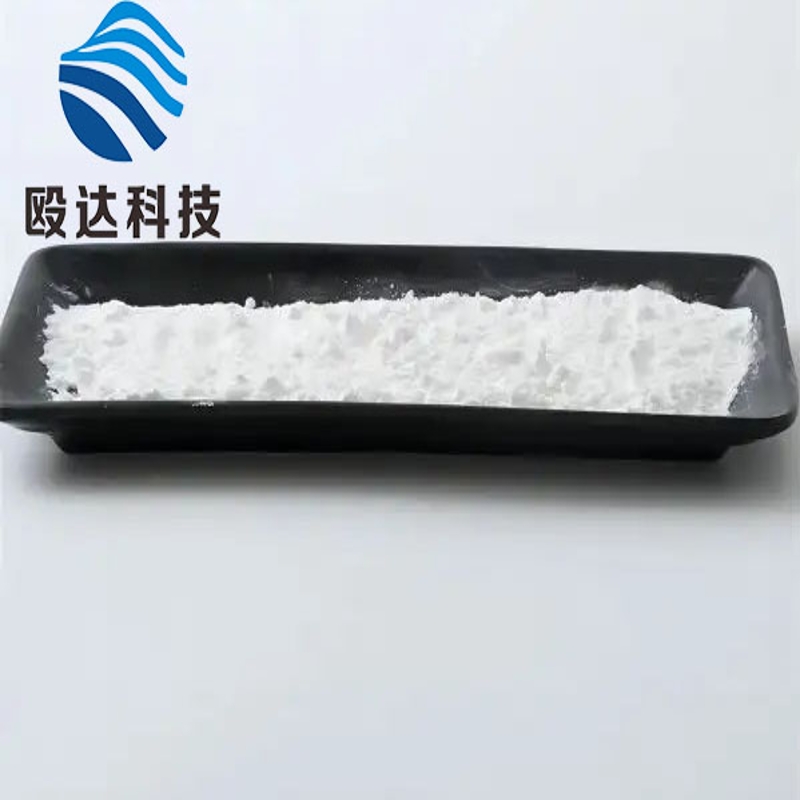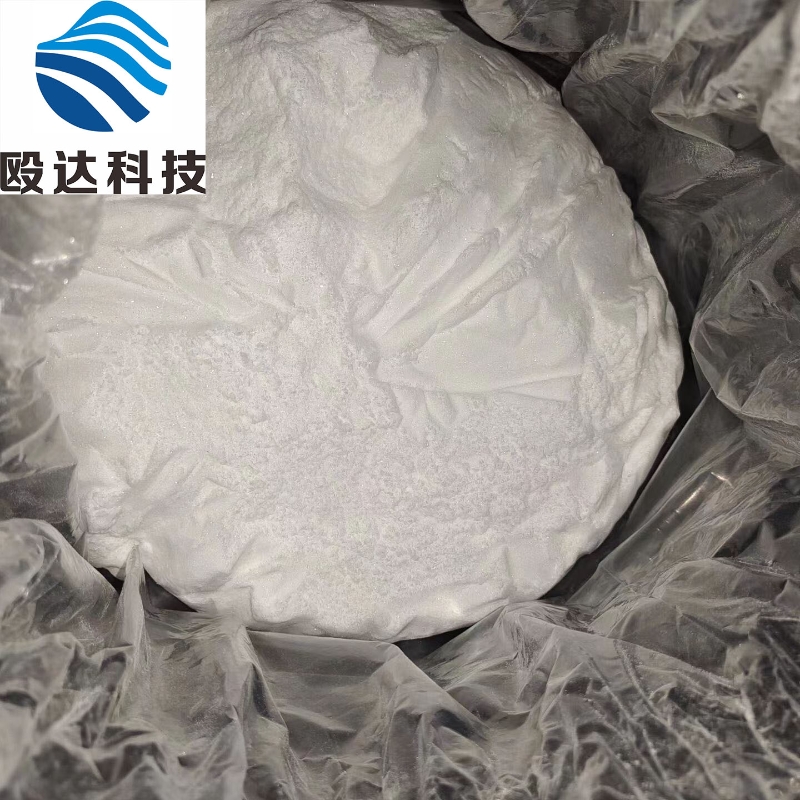-
Categories
-
Pharmaceutical Intermediates
-
Active Pharmaceutical Ingredients
-
Food Additives
- Industrial Coatings
- Agrochemicals
- Dyes and Pigments
- Surfactant
- Flavors and Fragrances
- Chemical Reagents
- Catalyst and Auxiliary
- Natural Products
- Inorganic Chemistry
-
Organic Chemistry
-
Biochemical Engineering
- Analytical Chemistry
- Cosmetic Ingredient
-
Pharmaceutical Intermediates
Promotion
ECHEMI Mall
Wholesale
Weekly Price
Exhibition
News
-
Trade Service
The blood-brain barrier has long been thought to provide an immune environment for the central nervous system (CNS) as a solid protective layer.
, however, there is growing evidence that CNS is not a "clean soil" that does not have an immune response, and that many central nervous system diseases are associated with immune abnormalities.
, how does neuroimmunity happen? How does the body achieve immunosuperial surveillance of CNS? Recently, Cell magazine published online a collaboration study by researchers at Washington University in St. Louis called "Functionalization of the duralsinuses as a neuroimmune interface".
this study demonstrates that antigens from CNS sources in cerebrospinal fluid (CSF) accumulate around the meninges sinuses and are captured by local antigen-presenting cells and presented to patrol T-cells.
researchers tested cells involved in adaptive immune function through immuno-staining and found that T-cells and MHCII-plus antigen delivery cells (APCs) were not evenly distributed throughout the epidural tissue, but were confined to areas around the epidural sinuses.
therefore, the researchers believe that the epidural sinus is the regional center of the meninges immune stability, and the substational ecological position may have the role of coordinating this epidural sinus immune center.
To study the role of sinus vein systems in the immune response, the researchers conducted interstitromic scRNA-seq data analysis and meninges-wide immuno-staining, showing that the VWF-EC cell population is epidural cells, so the researchers believe that T-cells are transported through the epidural sinuses, causing them to concentrate around the meninges.
to explore other substring derivatives that may affect the immunity associated with the meninges, the researchers further performed scRNA-seq on the entire epidural in young and old mice and divided them into groups.
results showed that multiple coercion factors were involved in inflammation-induced T-cell recruitment and promoted the collection of other white blood cells around the epidural sinuses, including B-cells or plasma cells.
, the aggregation of immune cells around the cerebrospinal fluid allows antigens to enter the epidural tissue fluid (ISF), a path through epidural APC delivery or lymphatic tube draination.
, the researchers hypothesizer that CNS antigens can also be ingested through cerebrospinal fluid (CSF) flowing into the epidural.
, can epidural cells that collect CNS antigens act as APCs and activate T cells? By injecting fluorescent egg white protein fluorescent 647 (OVA-647) into the brain and observing its intake, the researchers found that sinus MHCII plus epidural macrophages and degenerate cells had the ability to collect CSF antigens.
, EAE induced a large accumulation of T-cells in the epidural, indicating a correlation with autoimmune neuro-inflammation.
, the study demonstrated that the epidural sinuses are the key interface between immune-blood-brain interactions.
here, all the ingredients necessary for central nervous system antigen exposure, APCs ingestion, and presenting to patrol epidural T cells play a role, making immuno surveillance of central nervous system antigens possible.
results reveal the possible mechanisms of autoimmune neuro-inflammation and point the way for further research and treatment of related diseases.
()







